As the fall semester begins across U.S. colleges, students are facing a campus atmosphere drastically different from previous years. Political tensions and evolving federal policies are having a profound impact on campus life, influencing classroom dynamics, student activism, and the autonomy of higher education institutions.
Campus Activism and the Israel-Hamas Conflict
The ongoing Israel-Hamas conflict has sparked a wave of pro-Palestinian protests on campuses nationwide. Students at universities such as Columbia, the University of Washington, and the University of Pennsylvania have organized sit-ins, walkouts, and encampments demanding their institutions sever ties with companies linked to the Israeli military.
These demonstrations have led to confrontations with university administrations and law enforcement, sometimes resulting in arrests.
Notable Protests and Administrative Responses
At the University of Washington, student protesters occupied a campus building, which led to negotiations with the administration. This resulted in the establishment of a Center for the Scholarship of Palestine and a commitment to divest from military contractors.
Columbia University also saw protests that temporarily suspended in-person classes and imposed strict deadlines for protesters to vacate encampments.
The Influence of Federal Policies on Campus Climate
In addition to student activism, federal policies under the Trump administration are reshaping higher education. Executive orders targeting diversity, equity, and inclusion (DEI) programs have led to the dismantling of DEI offices and the termination of related staff positions at several institutions.
This has sparked debates about academic freedom and the role universities should play in fostering inclusive environments.
UCCS’s Experience Under Federal Scrutiny
The University of Colorado-Colorado Springs (UCCS) faced federal investigations and the loss of significant research grants due to policy changes. The National Endowment for the Humanities and the National Science Foundation withdrew funding, leading the administration to rename websites and administrative titles to avoid further scrutiny.
These actions created a tense atmosphere on campus, with faculty and students expressing concerns about academic freedom and institutional autonomy.
Stricter Immigration Policies Affecting International Students
International students are particularly affected by current political shifts. Stricter immigration policies, including delays and revocations of student visas, have created uncertainty for students from countries like Iran, Eastern Europe, and parts of Asia.
These changes have disrupted their academic plans, causing many to consider alternative educational destinations.
International Students Express Concern Over U.S. Education
A survey conducted in late July 2025 found that while 91% of international students still planned to study in the U.S., 55% expressed concerns about the political climate and visa issues. This growing apprehension suggests that the U.S. may no longer be seen as the top destination for higher education by many international students.
The Chilling Effect on Free Speech and Academic Freedom
The convergence of political tensions and federal policies is also having a chilling effect on free speech and academic freedom. For instance, the adoption of the International Holocaust Remembrance Alliance’s definition of antisemitism at institutions like Columbia University has raised concerns.
Critics argue that this definition conflates legitimate criticism of Israeli policies with antisemitism, potentially stifling academic discourse.
Department of Education’s Shift in Civil Rights Focus
The Department of Education’s shift in focus—from protecting marginalized students to investigating claims of discrimination against white and Asian students—has fueled debates about the politicization of civil rights enforcement.
Critics argue that this new approach undermines efforts to address systemic inequalities and fosters a climate of fear on campus, inhibiting open dialogue and the free exchange of ideas.

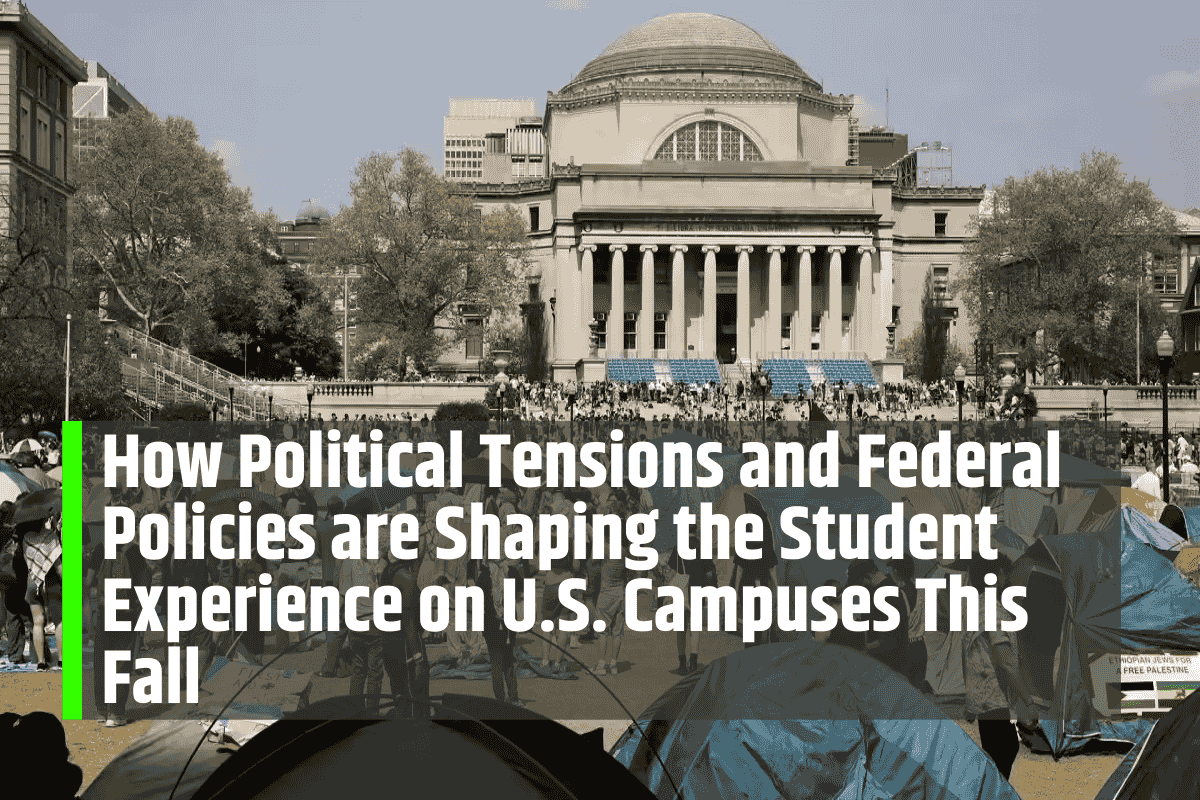
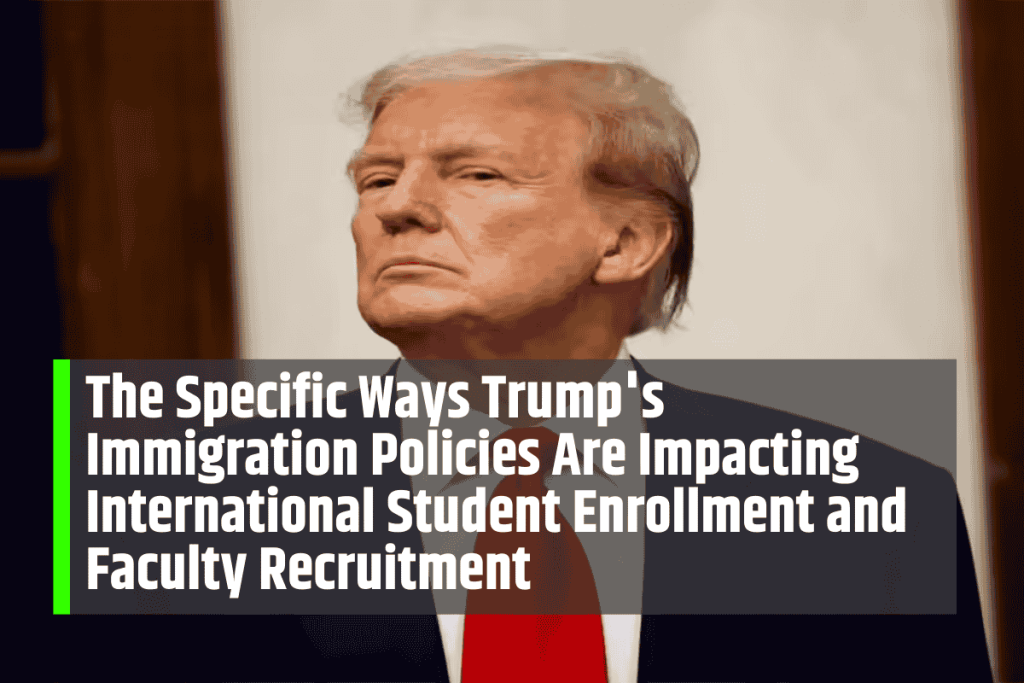

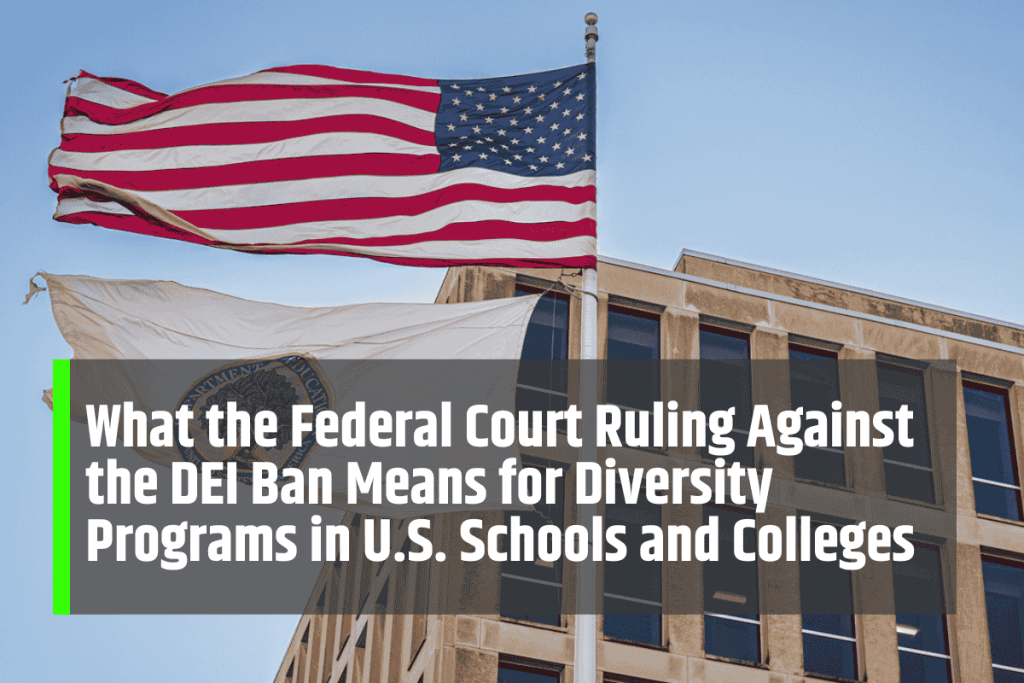
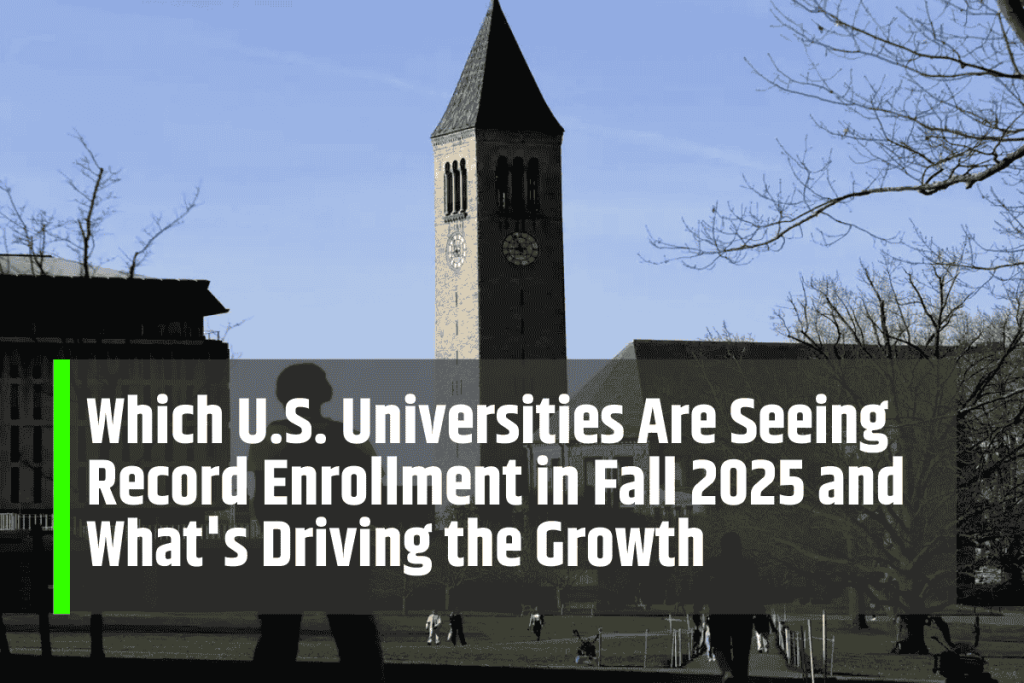
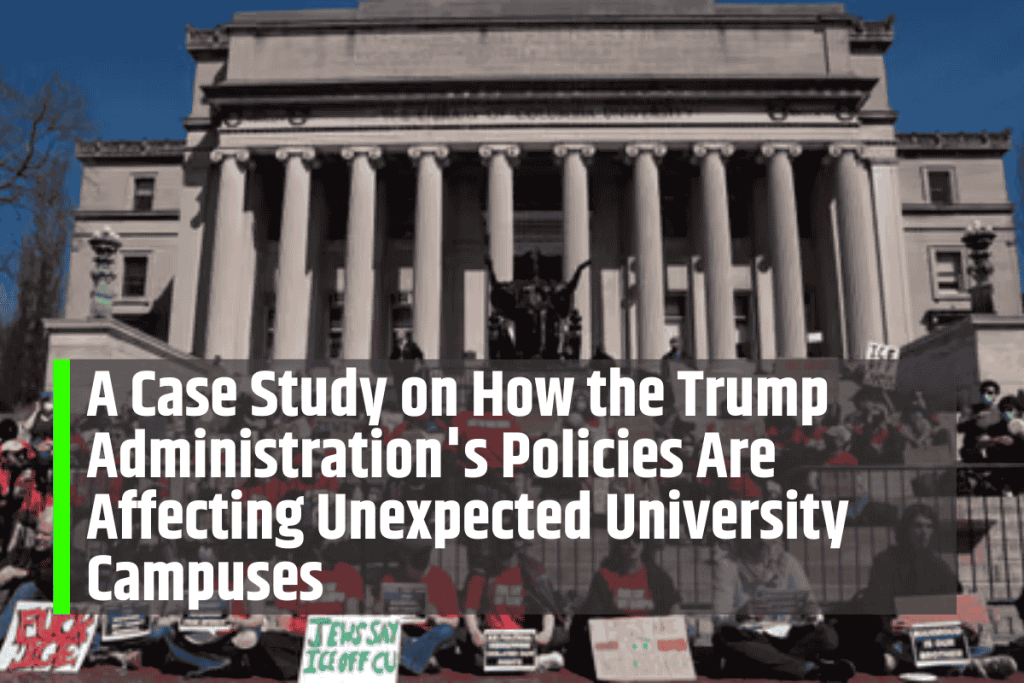
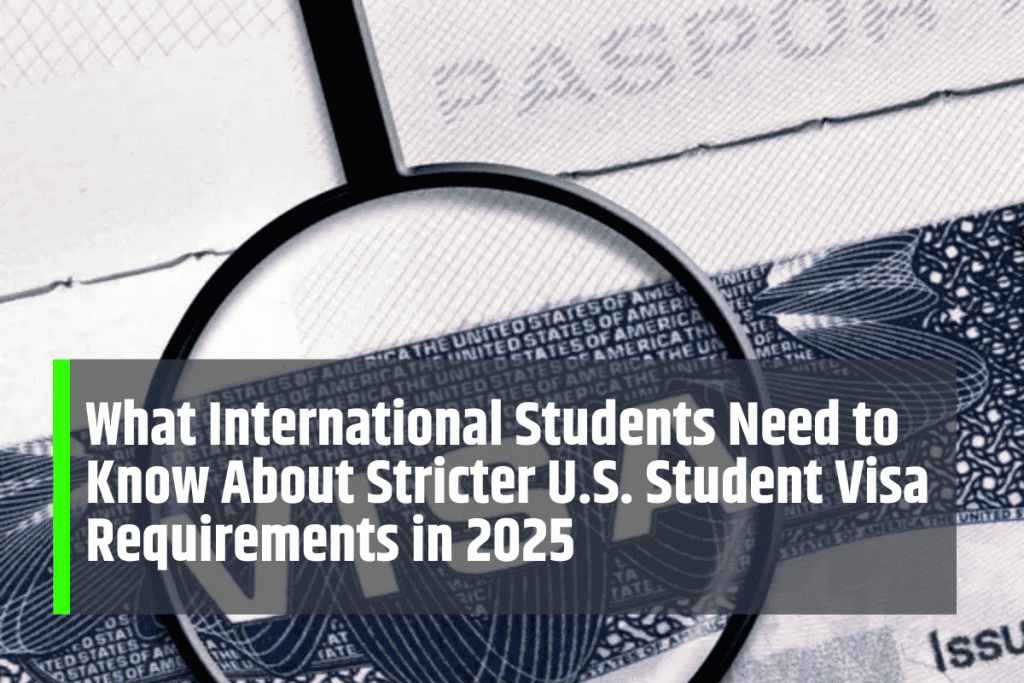
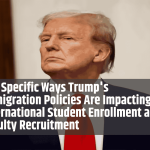

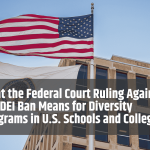
Leave a Comment